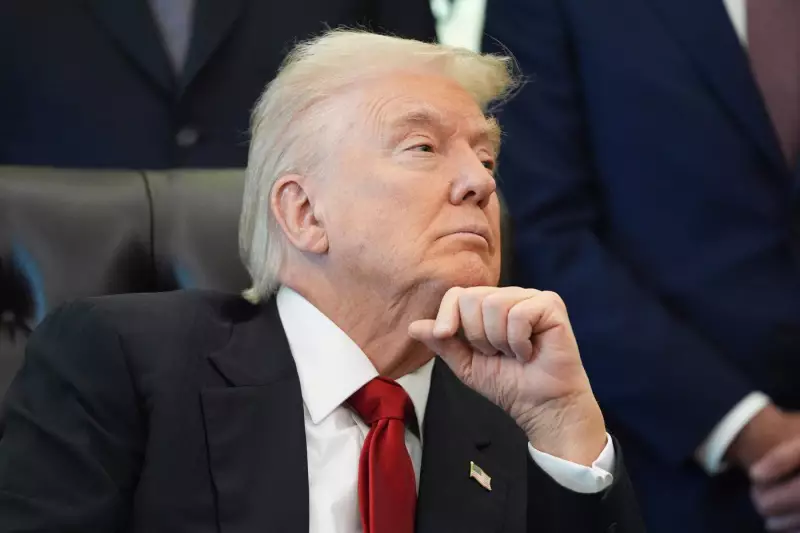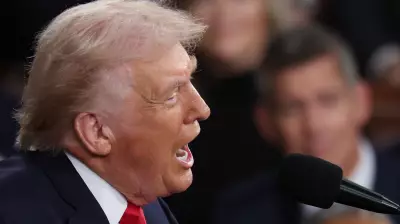
Former President Donald Trump has issued a dramatic warning about a pending Supreme Court case that could significantly limit presidential authority over trade policy, declaring that a ruling against his administration's tariff powers would be "devastating" for the United States.
The Constitutional Showdown Over Trade Authority
At the heart of the legal battle is whether presidents possess the constitutional authority to unilaterally impose tariffs for national security reasons without congressional approval. The case stems from Trump's controversial 2018 decision to levy tariffs on steel imports under Section 232 of the Trade Expansion Act of 1962.
"If the Supreme Court rules against me, it would be devastating for the country," Trump stated during a recent interview. "We wouldn't be able to protect our industries, we wouldn't be able to protect our workers."
National Security Versus Congressional Oversight
The legal challenge, brought by a coalition of steel-using companies, argues that Congress cannot delegate such sweeping trade powers to the executive branch without clearer guidelines. They contend that the nearly unlimited discretion given to presidents under current law violates constitutional separation of powers.
Trump's legal team maintains that national security determinations fall squarely within presidential authority and that the 1962 law provides adequate congressional guidance. "When it comes to protecting our country from economic threats, the president needs to have this tool available," Trump emphasized.
Broader Implications for U.S. Trade Policy
The Supreme Court's decision could reshape the landscape of American trade policy for generations. A ruling against broad presidential authority would:
- Require congressional approval for future national security tariffs
- Limit the executive branch's ability to respond quickly to perceived economic threats
- Potentially invalidate existing tariffs imposed under similar authority
- Force a reexamination of other trade measures justified on national security grounds
Trump's tariffs affected billions of dollars in global trade and prompted retaliatory measures from trading partners including Canada, the European Union, and China. The former president defended these actions as necessary to revive American manufacturing and protect vital industries.
Political and Economic Fallout
The timing of this legal battle coincides with Trump's potential return to the political arena, adding significance to the outcome. A favorable ruling would strengthen presidential trade powers that Trump or future presidents could employ, while an unfavorable decision would represent a significant check on executive authority.
Business groups remain divided on the issue, with domestic steel producers supporting broad presidential powers while manufacturers who rely on imported materials argue for more congressional oversight and predictability in trade policy.
The Supreme Court is expected to hear arguments in the coming months, with a decision likely to come during the court's next term, setting the stage for a landmark ruling that could redefine the balance of power in U.S. trade policy.






